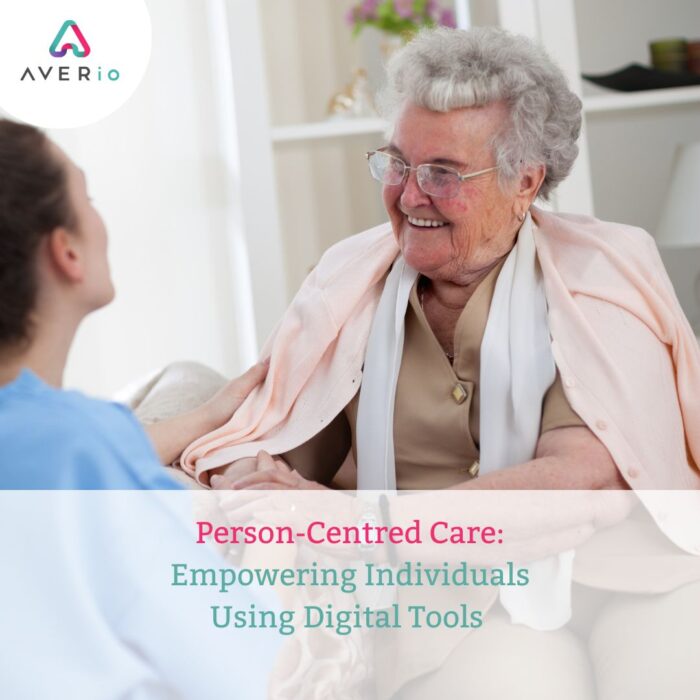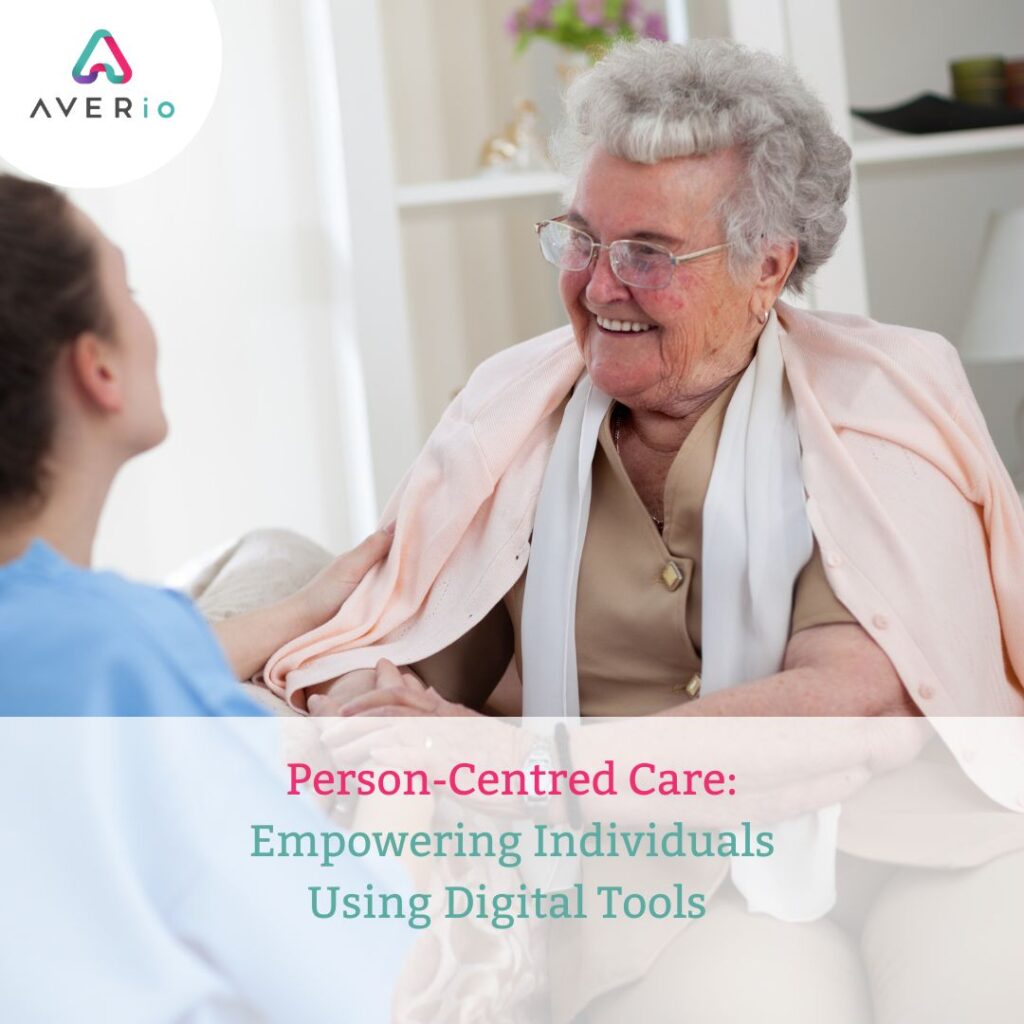
Person-centred care is a health & social care philosophy that prioritises an individual’s needs, preferences, and active participation in their own treatment journey. Digital tools and technologies have become critical in establishing person-centred care in today’s digital age. In this post, we will look at how digital tools can help people take control of their health and be more involved in their healthcare decisions.
Health Information Access
Individuals can easily access a multitude of health information thanks to digital tools such as health websites, smartphone apps, and patient portals. They can learn about medical issues, treatment alternatives, and lifestyle suggestions, allowing them to make informed health decisions.
Medical Records and Data
People can access and control their health records and data using Electronic Health Records (EHRs) and personal health applications. This transparency encourages participation and assists individuals in keeping track of their medical history, prescriptions, and test results.
Scheduling Appointments and Telemedicine
People can use digital technologies to plan appointments online and, in some cases, to obtain telemedicine services. These technologies reduce the need for physical visits, making healthcare more convenient and accessible, especially for people who have mobility or transportation issues.
Medication Administration
Medication adherence is crucial for chronic disease management. By providing alarms and recording doses, medication reminder applications and smart pill dispensers help people keep to their prescription regimens.
Tracking of Health and Fitness
Wearable gadgets, such as fitness trackers and smartwatches, enable people to track their physical activity, heart rate, sleep habits, and other data. These tools encourage frequent exercise and healthy living choices, promoting a proactive approach to health.
Management of Chronic Disease
Specialised apps and platforms for managing chronic illnesses such as diabetes, asthma, and hypertension are available through digital tools. These technologies assist users in tracking symptoms, monitoring vital signs, and receiving disease management advice.
Virtual Support Groups
Individuals can connect with others suffering similar health issues through online support communities and patient forums. These networks provide emotional support, shared experiences, and insightful information.
Individualised Health Plans
Based on an individual’s health data, goals, and preferences, digital tools can develop personalised health plans. These plans offer personalised nutrition, exercise, and preventive care suggestions.
Remote Monitoring
Individuals can obtain continuous healthcare without leaving their homes thanks to remote monitoring equipment linked to healthcare providers via digital networks. This technique is especially useful for people who have chronic diseases or require postoperative care.
Health Education and Connected Care
Connected Care platforms feature instructional resources, videos, and interactive meetings with medical professionals. From the comfort of their own homes, individuals can learn about their diseases, treatment alternatives, and self-management tactics.
Key Advantages of Digital Empowerment
- Patient Engagement: Digital tools include individuals in their healthcare by involving them in decision-making and care planning.
- Improved Health Literacy: Having access to health information allows people to better understand their diseases, treatment alternatives, and preventive measures.
- Shared Decision-Making: Digital tools enable individuals and healthcare practitioners to collaborate on shared decision-making, resulting in treatment plans that are tailored to the patient’s preferences.
- Efficiency and Convenience: Digital tools help to simplify care processes, reduce administrative responsibilities, and make care more accessible.
- Preventative Care: Routine monitoring and easy access to information encourage people to prioritise preventative care and early intervention.
- Quality of Life: Empowered individuals frequently have higher quality of life due to enhanced self-management and adherence to care regimens.
Finally, digital tools have altered person-cantered care by enabling individuals to play an active role in their healthcare journey. These tools improve the patient experience and contribute to better health outcomes by providing access to information, facilitating remote care, and encouraging interaction. As digital health technology advances, it will become increasingly important in providing person-cantered treatment and improving the overall care experience.
Related Articles

Empowering Next of Kin: Technology’s Role in the NHS and Social Care.
In the National Health Service (NHS) and social care sectors of the United Kingdom, next of kin play an important role in supporting their loved ones’ well-being and care needs. Historically, this responsibility has been fraught with issues such as

Promoting Independence for Older People
As the population ages, the National Health Service (NHS) and the social care sector have become more aware of the importance of promoting independence for older people. Encouraging older people to keep their autonomy and self-sufficiency improves their quality of

Harnessing Technology to Prevent Falls: Advances in the UK NHS and Social Care
Falls among the elderly are a big concern for the UK’s National Health Service (NHS) and social care sector. Falls can have significant repercussions, including injuries, hospitalisations, and a decline in overall health and independence. However, technological breakthroughs provide intriguing
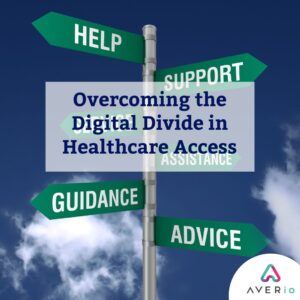
Overcoming the Digital Divide in Healthcare Access
The digital gap, defined as discrepancies in access to and use of digital technology, is a major topic in healthcare. Access to healthcare services and information in today’s digital era frequently relies on digital technologies and platforms. However, not everyone
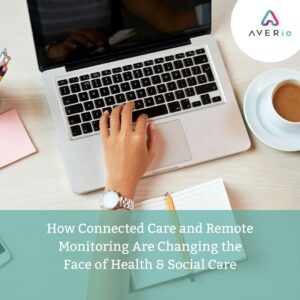
How Connected Care and Remote Monitoring Are Changing the Face of Healthcare
With the introduction of telemedicine and remote monitoring technology, the healthcare environment is undergoing a revolutionary transformation. These cutting-edge solutions are transforming healthcare delivery, making it more accessible, easy, and efficient. In this post, we will look at how connected
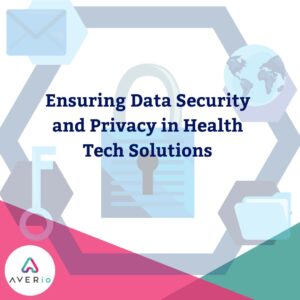
Ensuring Data Security and Privacy in Health Tech Solutions
The widespread adoption of health-tech solutions such as electronic health records (EHRs), telehealth platforms, and wearable gadgets has proclaimed a new era in healthcare. While these advancements have many advantages, they also pose serious issues about data security and individual

